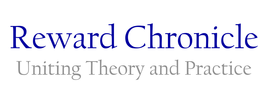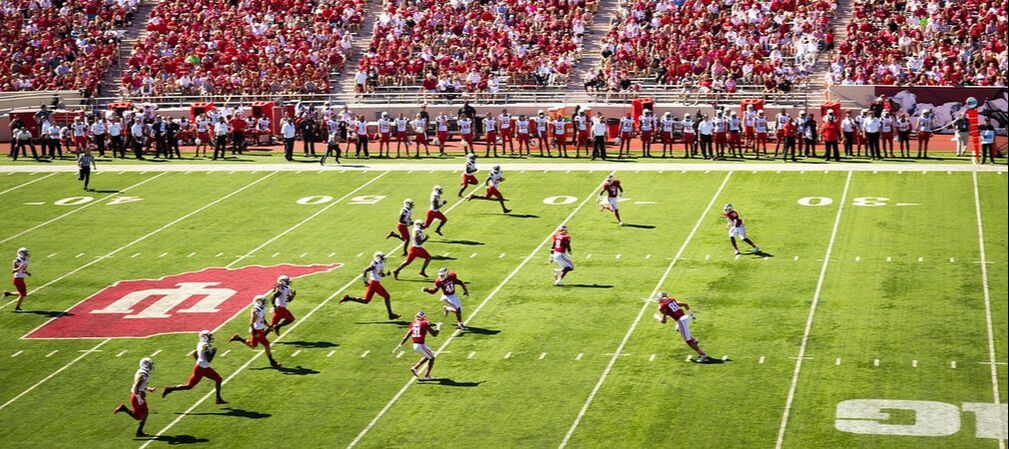|
When it comes to performance related pay, commentary often focuses on the positive effects it can have on employee and organizational performance. But is there a downside? A Finnish study sought to investigate the role that pay for performance can have on employee innovation. The results indicated that reward for innovation related behaviours can stunt radical innovation, while it can have a moderate positive effect on incremental innovation.
Key Topics: Performance related pay; Innovation
In recent years, with advancements in technology, the lines between different aspects of people lives have become increasingly blurred, to the point that work-life balance is not possible for most modern workers. Through the analysis of the ‘best’ and ‘worst’ Fortune 500 companies to work for, this US study argues that ‘work–life flexibility’ is what is important to modern workers, and that the best companies are already recognizing and supporting this through time benefits offered to employees and governance structures used to support these benefits.
Key Topics: Work-life balance; Work-life flexibility; Time Benefits
With companies often designing employee reward systems with the goal of increasing employee effort and performance, a key consideration is why employees often react differently to the same reward system. A study in The International Journal of Human Resource Management sought to understand the role that happiness and sadness can play in how workers value effort and reward. The study found that happy individuals are more likely to exert efforts for future rewards, while sad individuals tend to seek rewards without extra effort.
Key Topics: Effort; Reward; Happiness; Sadness; Motivation
When it comes to eliciting the best from their employees, companies are increasingly moving toward pay for performance reward strategies, which focus on rewarding employees’ job skills, knowledge, competencies and productivity. A recent Malaysian study sought to understand factors influencing perceived unfairness of such reward practices and found that elements such as effective communication, participation, and performance appraisals can have a significant impact on perceived fairness by employees.
Key Topics: Job satisfaction, Performance appraisal, Performance based reward
Does employee compensation level influence their future treatment by organizations? A recent study examining players in the NFL sought to understand if players in which organizations had made a greater financial commitment received preferential treatment through more game time. The results indicated that higher compensated players did receive more game time but were no more productive on the field that than their lower compensated colleagues, suggesting that their additional game time was related to bias due to the investment the team had made in them.
Key Topics: Compensation bias; Employee performance
With anxiety disorders on the rise, and negatively impacting organizational and employee performance, a study in the Journal of Occupational & Environmental Medicine examined the influence that job stressors had on panic attacks (PA) and panic disorders (PD). The study's findings indicated a significant relationship between job stressors and anxiety, and most notably employees with a high effort-reward imbalance were found to be significantly more at risk of PAs and PDs than those with a low effort-reward imbalance.
Key Topics: Effort-reward imbalance; Job stress; Panic attacks; Panic disorders |
Popular Reward Chronicle Searches
Compensation. Pay for performance Benefits Millennials Exec compensation Motivation Gender Topics
All
Join The Reward Chronicle Team
Are you passionate about reward? We’d love to hear from you. Click here for more details on how to contact us. |













